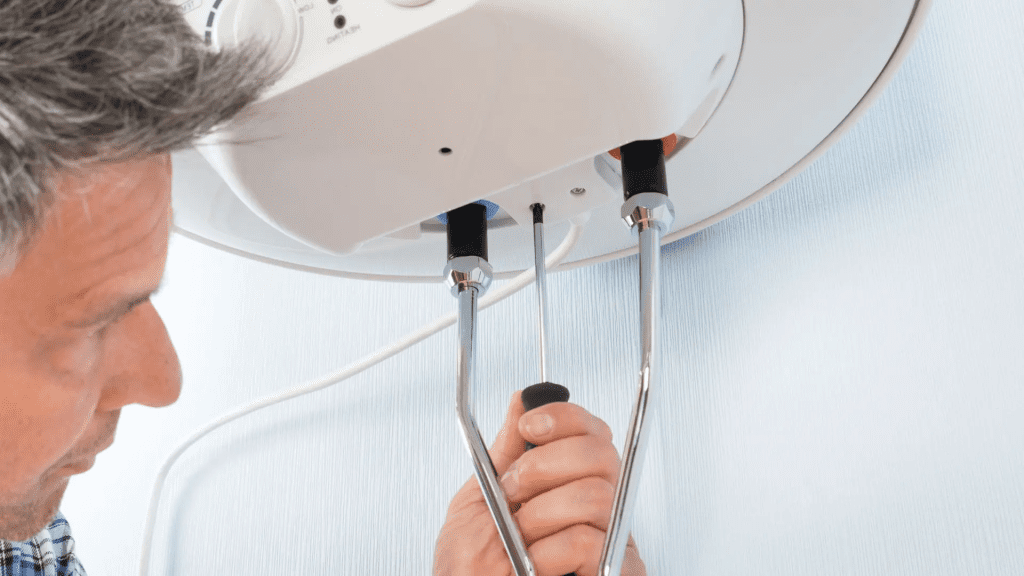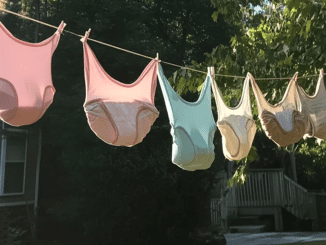Is it costly to leave the water heater on all day? This is a common question, especially when balancing comfort and energy efficiency. Keeping the water heater on continuously ensures hot water is always available, but at what cost? Let’s explore expert advice and practical tips to save electricity while keeping your water heater efficient.
Why Leaving Your Water Heater On All Day Is a Bad Idea

Many people leave their water heater running all day for convenience, but this habit comes with hidden costs. Not only does it increase your electricity bill, but it also shortens the lifespan of your appliance.
- High Energy Consumption: Water heaters typically consume 2,200W-2,500W of power. These devices heat a coil inside the tank, and while the thermostat automatically switches off when the desired temperature is reached, heat loss causes the heater to restart periodically. This cycle of heating and cooling, if repeated all day, leads to unnecessary electricity usage.
- Accelerated Wear and Tear: Keeping your water heater on continuously strains components like the heating coil and the tank. Over time, this can cause premature failure and even lead to dangerous issues such as electric leakage.
The Smarter Approach: Turn It On Before Use
The good news? You don’t need to sacrifice comfort to save energy. Turning the water heater on just 10-15 minutes before you need hot water can dramatically cut down electricity costs without compromising convenience.
For example:
- In the morning, turn on the heater 20 minutes before your shower.
- If you need hot water for evening use, switch it on just before your bath or chores.
- Turn it off once the water is heated to avoid unnecessary energy consumption overnight.
This approach not only saves energy but also minimizes wear and tear on the device, extending its lifespan.
Optimizing Water Heater Usage: Best Practices
To get the most out of your water heater while keeping energy bills in check, follow these expert tips:
1. Turn Off the Heater Before Use
Always switch off the water heater before turning on the tap. This reduces the risk of electric leakage and ensures personal safety.
2. Install a Grounding Wire
A proper grounding wire is essential for safe operation. Regularly inspect it to ensure it’s functioning correctly and protecting your household from electrical hazards.
3. Perform Regular Maintenance
Calcium and mineral deposits can build up inside the tank over time, reducing efficiency. Schedule a professional maintenance check every two years to keep your heater running smoothly.
4. Choose the Right Size Heater
Selecting a water heater that matches your household’s needs is crucial. For instance:
- A 15-20 liter heater is sufficient for 1-2 people.
- A 20-30 liter heater is ideal for 3-4 people.
Oversized heaters waste energy, while undersized ones may not meet your hot water demands.
5. Opt for Direct Water Heaters for Quick Access
If you frequently need instant hot water, consider a direct water heater. Unlike traditional tank heaters, these heat water on demand, eliminating the waiting time. However, note that they don’t store hot water like tank heaters do.
How to Reduce Energy Waste Further
Beyond managing your water heater usage, you can take additional steps to maximize energy efficiency.
Insulate Your Water Heater Tank
Adding insulation to your water heater tank helps retain heat for longer periods, reducing the frequency of reheating cycles. This simple step can significantly lower your electricity consumption.
Lower the Thermostat Setting
Most water heaters allow you to adjust the thermostat. Lowering the temperature setting to around 120°F (49°C) can save energy while still providing adequately hot water for daily use.
Fix Leaks Promptly
Even small leaks can lead to wasted water and energy. Regularly inspect your water heater and plumbing for leaks, and address any issues immediately.

Balancing Comfort and Efficiency
While it’s tempting to keep the water heater on all day for convenience, the financial and environmental costs outweigh the benefits. By adopting energy-efficient practices—such as turning the heater on only when needed, maintaining it regularly, and choosing the right size—you can enjoy hot water without unnecessary expenses or risks.
Conclusion
Saving electricity with your water heater doesn’t have to be a complicated task. By understanding how your water heater works and making a few simple changes to your habits, you can lower your energy bills, reduce wear and tear on the appliance, and enjoy peace of mind. Turn it on before use, maintain it regularly, and invest in the right equipment for your household. These small changes can make a big difference—both for your wallet and the environment.


